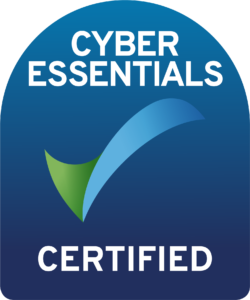
HaloITSM Guides
Documentation to assist with the setup and configuration of the HaloITSM platform
Guide not found.
Popular Guides
- Asset Import - CSV/XLS/Spreadsheet Method
- Call Management in Halo
- Creating a New Application for API Connections
- Creating Agents and Editing Agent Details
- Departments and Teams
- Halo Integrator
- Importing Data
- Multiple New Portals with different branding for one customer [Hosted]
- NHServer Deprecation User Guide
- Organisation Basics
- Organising Teams of Agents
- Step-by-Step Configuration Walk Through



